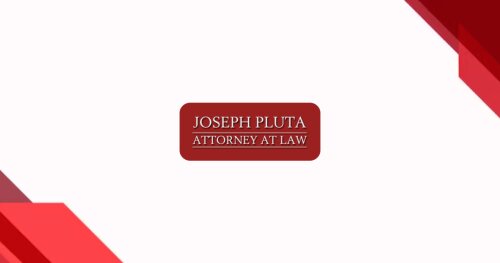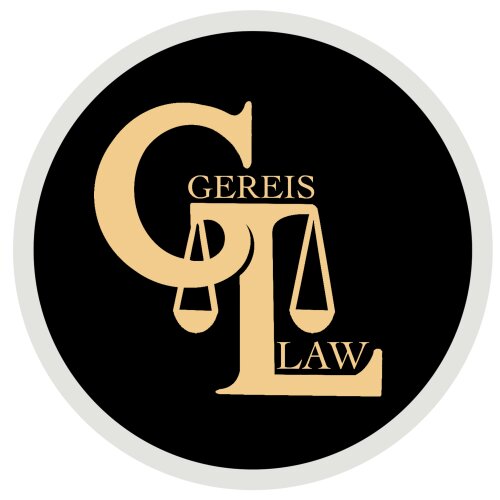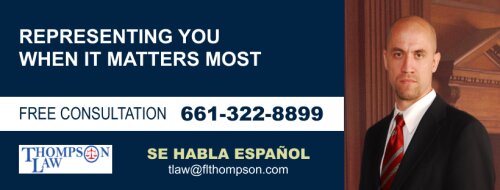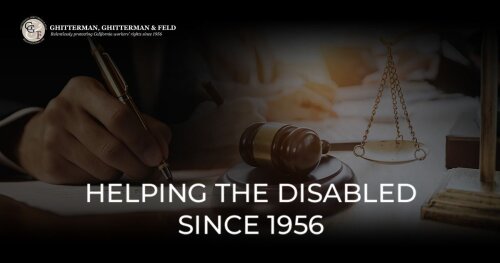Best Ethics and Professional Responsibility Lawyers in Vermont
Share your needs with us, get contacted by law firms.
Free. Takes 2 min.
Or refine your search by selecting a city:
List of the best lawyers in Vermont, United States
About Ethics and Professional Responsibility Law in Vermont, United States
Ethics and Professional Responsibility law in Vermont focuses on the rules and standards governing the conduct of lawyers and other professionals in the legal field. These rules are designed to ensure that legal practitioners act with integrity, honesty, and in the best interest of their clients and the justice system. In Vermont, attorneys must adhere to the Vermont Rules of Professional Conduct which provide detailed guidelines on matters such as conflicts of interest, confidentiality, advertising, competence, and duties to the court. This area of law not only protects clients but also upholds the reputation and reliability of the entire legal profession.
Why You May Need a Lawyer
There are various circumstances where you might need legal advice or representation related to ethics and professional responsibility. Common situations include:
- Facing a complaint or grievance about your professional conduct as a lawyer
- Unsure about potential conflicts of interest or appropriate client relationships
- Dealing with issues of confidentiality or attorney-client privilege breaches
- Questions about advertising and solicitation rules for your legal services
- Responding to disciplinary actions or investigations by regulatory bodies
- Reporting unethical behavior observed in another legal professional
- Seeking guidance to avoid malpractice claims and maintain compliance with professional standards
A lawyer experienced in ethics and professional responsibility can help you navigate these situations, protect your reputation, and ensure compliance with Vermont's specific rules.
Local Laws Overview
Vermont has adopted its own version of the Rules of Professional Conduct, modeled in part after the ABA Model Rules but with modifications unique to the state. Key aspects include:
- Confidentiality of Information: Vermont places a high priority on attorney-client confidentiality with some exceptions where disclosure is required or permitted by law.
- Conflicts of Interest: The rules specify when a lawyer must avoid representing conflicting interests, and what steps must be taken if a conflict arises.
- Competence and Diligence: Attorneys must provide knowledgeable and timely service, acting in the client's best interest at all times.
- Reporting Misconduct: There is an affirmative duty to report certain types of unethical behavior by other attorneys.
- Advertising and Solicitation: Restrictions are in place to ensure honesty and prevent misleading or overly aggressive ads.
- Disciplinary Process: The Vermont Supreme Court and the Professional Responsibility Board oversee the investigation and discipline of attorneys who may violate the rules.
Frequently Asked Questions
What is considered professional misconduct for attorneys in Vermont?
Professional misconduct includes violations of the Vermont Rules of Professional Conduct, such as dishonesty, conflicts of interest, improper communication with represented parties, inadequate client representation, or misuse of client funds.
How are complaints against attorneys investigated?
Complaints are generally reviewed by the Vermont Professional Responsibility Program. An initial screening is conducted, followed by investigation if the complaint appears substantiated. Attorneys may be asked to respond and provide evidence.
Are attorney-client communications always confidential?
Most attorney-client communications are confidential, but there are exceptions. For example, a lawyer may disclose information to prevent certain crimes, comply with court orders, or defend themselves against accusations of misconduct.
Can I file a complaint against an attorney anonymously?
You can file a complaint, but most investigations will require your identity to proceed, especially if your account is essential to the inquiry. Confidentiality is often maintained during the process.
What happens if an attorney is found to have violated ethics rules?
The consequences range from private admonitions to public reprimand, suspension, or permanent disbarment depending on the severity and circumstances of the violation.
Is an attorney required to report another lawyer's unethical conduct?
Yes, Vermont's rules require attorneys to report specific types of professional misconduct by their peers, unless doing so would violate client confidentiality.
What resources are available if I have a question about legal ethics as a Vermont attorney?
Attorneys can seek guidance from the Vermont Bar Association’s Ethics Hotline or request an informal advisory opinion from the Professional Responsibility Program.
Can non-clients file ethics complaints about attorneys?
Yes, anyone who believes an attorney has violated professional duty may file a complaint, regardless of whether they are a client or not.
What is the statute of limitations for filing a complaint about attorney misconduct in Vermont?
There is no strict statute of limitations, but delays in reporting can impact the investigation, such as difficulties in gathering evidence or witness recollection.
Are there specific rules about attorney advertising in Vermont?
Yes, the Vermont Rules of Professional Conduct include detailed provisions governing legal advertising, requiring all communications to be truthful and not misleading.
Additional Resources
If you need more information or assistance regarding ethics and professional responsibility in Vermont, consider the following resources:
- Vermont Professional Responsibility Board - Oversees attorney discipline and provides guidance on ethical issues
- Vermont Bar Association - Provides ethics opinions and an Ethics Hotline for attorneys
- Vermont Supreme Court - The final authority on attorney discipline in the state
- Office of the Disciplinary Counsel - Investigates and prosecutes cases of attorney misconduct
- Law Libraries at the Vermont Law School or public libraries with legal collections
Next Steps
If you are dealing with an issue involving legal ethics or professional responsibility, consider the following steps:
- Document all relevant information and communications relating to your concern
- If you are an attorney, review the Vermont Rules of Professional Conduct or seek guidance from the Bar Association
- If you wish to file a complaint, contact the Vermont Professional Responsibility Program for instructions
- Consult with an attorney who specializes in legal ethics or professional responsibility for personalized advice and representation
- Stay proactive and informed to protect your rights and professional standing
Taking timely action is important in addressing and resolving ethics and professional responsibility matters. Reaching out to the appropriate resources or seeking experienced legal counsel can help you navigate this complex area of law effectively.
Lawzana helps you find the best lawyers and law firms in Vermont through a curated and pre-screened list of qualified legal professionals. Our platform offers rankings and detailed profiles of attorneys and law firms, allowing you to compare based on practice areas, including Ethics and Professional Responsibility, experience, and client feedback.
Each profile includes a description of the firm's areas of practice, client reviews, team members and partners, year of establishment, spoken languages, office locations, contact information, social media presence, and any published articles or resources. Most firms on our platform speak English and are experienced in both local and international legal matters.
Get a quote from top-rated law firms in Vermont, United States — quickly, securely, and without unnecessary hassle.
Disclaimer:
The information provided on this page is for general informational purposes only and does not constitute legal advice. While we strive to ensure the accuracy and relevance of the content, legal information may change over time, and interpretations of the law can vary. You should always consult with a qualified legal professional for advice specific to your situation.
We disclaim all liability for actions taken or not taken based on the content of this page. If you believe any information is incorrect or outdated, please contact us, and we will review and update it where appropriate.
Browse ethics and professional responsibility law firms by city in Vermont
Refine your search by selecting a city.














